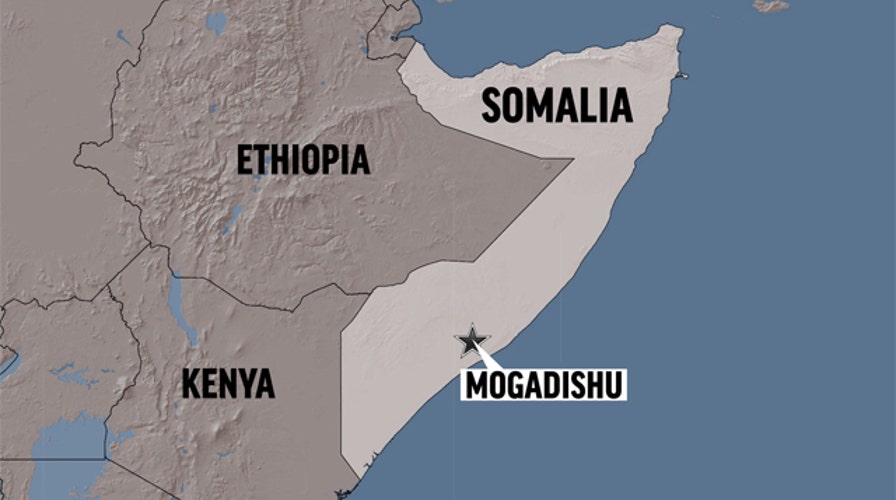Is Al-Shabaab in Somalia a threat to the US?
Daveed Gartenstein-Ross and Fred Burton on how Islamic extremists are gaining control in Yemen and East Africa
Al-Shabaab’s assault last week on a Kenyan college that left 148 people dead shows the terror group can still organize and launch large-scale attacks, despite an effort to dismantle their network, according to foreign policy analysts.
Fox News National Security Analyst KT McFarland spoke to Daveed Gartenstein-Ross and Fred Burton about the terror group’s capabilities.
Since October 2011, Al-Shabaab militants have carried out deadly attacks in Kenya on a number of civilian and law enforcement targets, including the campus massacre in Kenya and a four-day siege of the Westgate shopping mall in Nairobi, where the group killed 67 people.
“There are basically two Shabaab organizations -- one in Somalia, one in Kenya. The Somalia one has become weaker … the Kenyan one has, without question, become stronger and it’s carried out a large number of attacks. It’s just that we rarely hear about jihadist attacks in Africa,” Gartenstein-Ross, a senior fellow at the Foundation for Defense of Democracies, told FoxNews.com.
Kenyan officials sent troops in 2011 into Somalia to help officials there fight the terror group. Kenya's effort to stabilize the country and secure their shared border hasn't proved to be an overall success.
Gartenstein-Ross believes “it’s increasing a political problem in Kenya and one of the very explicit reasons for these attacks is to get Kenya out of Somalia … Shabaab has been very explicit that it wants to inflict a price upon Kenya for their support of the Somali government.”
Beyond East Africa, Al-Shabaab’s recent activities are putting U.S. officials and their allies on alert.
“When you look at this organization not too long ago, [they] threatened attacks outside Africa … that is a call to arms for respective attacks … this is the kind of issue in many ways that is not going to go away anytime soon,” said Burton, vice president of intelligence with the global intelligence and advisory firm Stratfor.
These new developments are putting renewed focus on the strategic waters in the Gulf of Aden, between Somalia and Yemen -- another country with an unraveling security situation.
“When you look at the Al Qaeda-affiliated groups on both sides, that’s one of the challenges the U.S. Special Forces and intelligence community has … there are too many of these groups and not enough people at times to keep track of them,” said Burton. “Being able to predict exactly where they are going to strike is always the challenge.”

